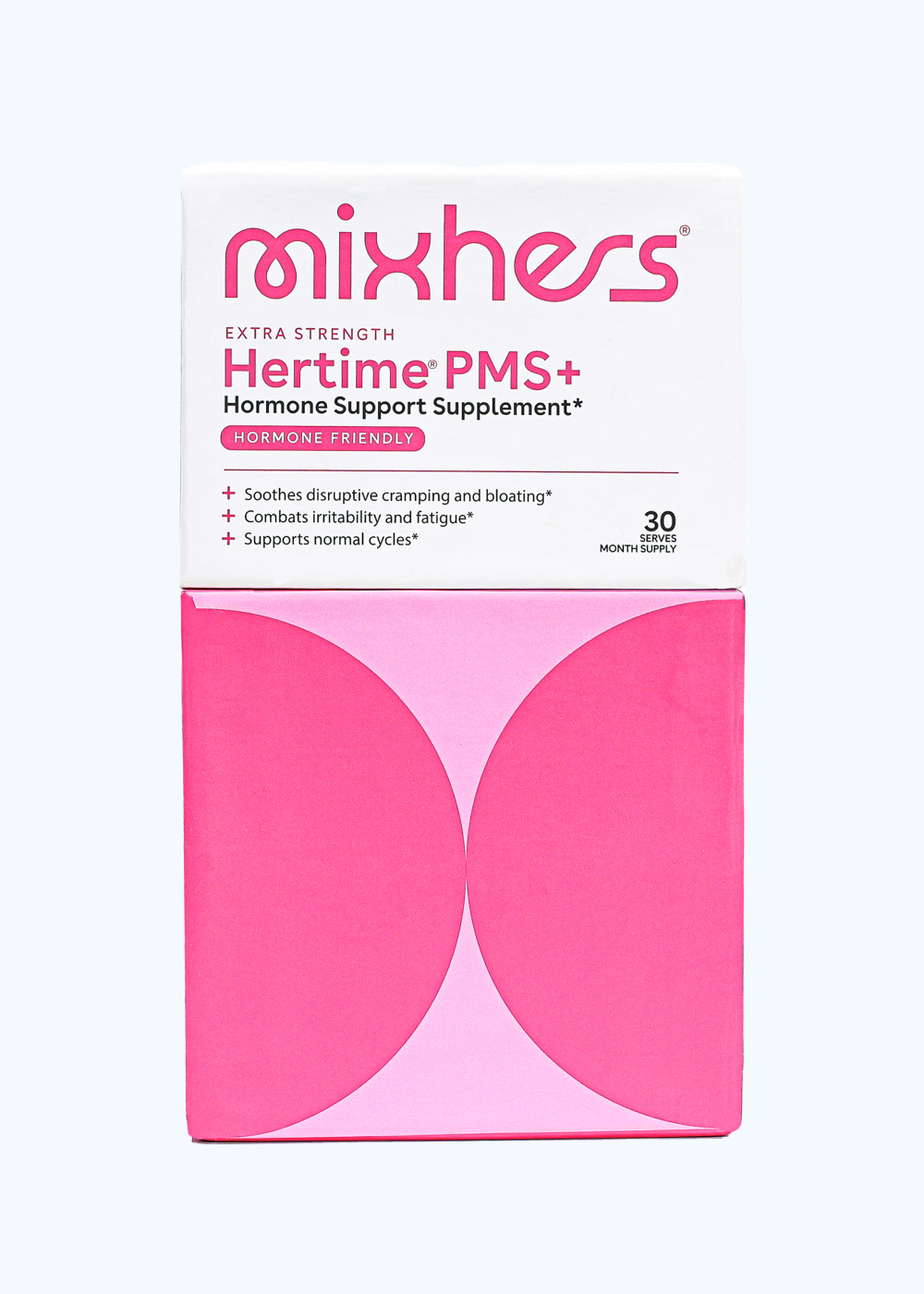Anyone feel like they woke up on the wrong side of the bed? Let’s air some frustrations about sleep quality. Do you have trouble feeling rested in the mornings, even when you keep a consistent bedtime routine? Many of us feel this way, and it may be because we’re not staying in the deep sleep stage long enough. People who feel chronically tired often wonder how to get more deep sleep, and the answer to that question can be life-changing.
Most of us grow up thinking sleep quantity (the amount of time spent sleeping) is the most important aspect of feeling rested and rejuvenated. This could be because medical experts agree that the average adult should get between 7 and 9 hours of sleep each night. And for most adults, that many hours of shuteye equates to a good night’s sleep.
But what if you consistently get 7 to 9 hours of total sleep and still feel drowsy the next day? Your persistent drowsiness could be attributed to an imbalanced sleep cycle. If you’re not spending enough time in deep sleep (also known as slow wave sleep or delta sleep), your body isn’t able to get sufficient rest and is more likely to feel chronically tired. This illustrates that sleep quality is at least as important as sleep quantity.
If you’re wondering how to get more deep sleep, you’ve come to the right place. We’ve put together a brief guide on slow wave sleep and how anyone can train the mind and body to get more of it each night. Consider this your invitation to start waking up on the right side of your bed.












